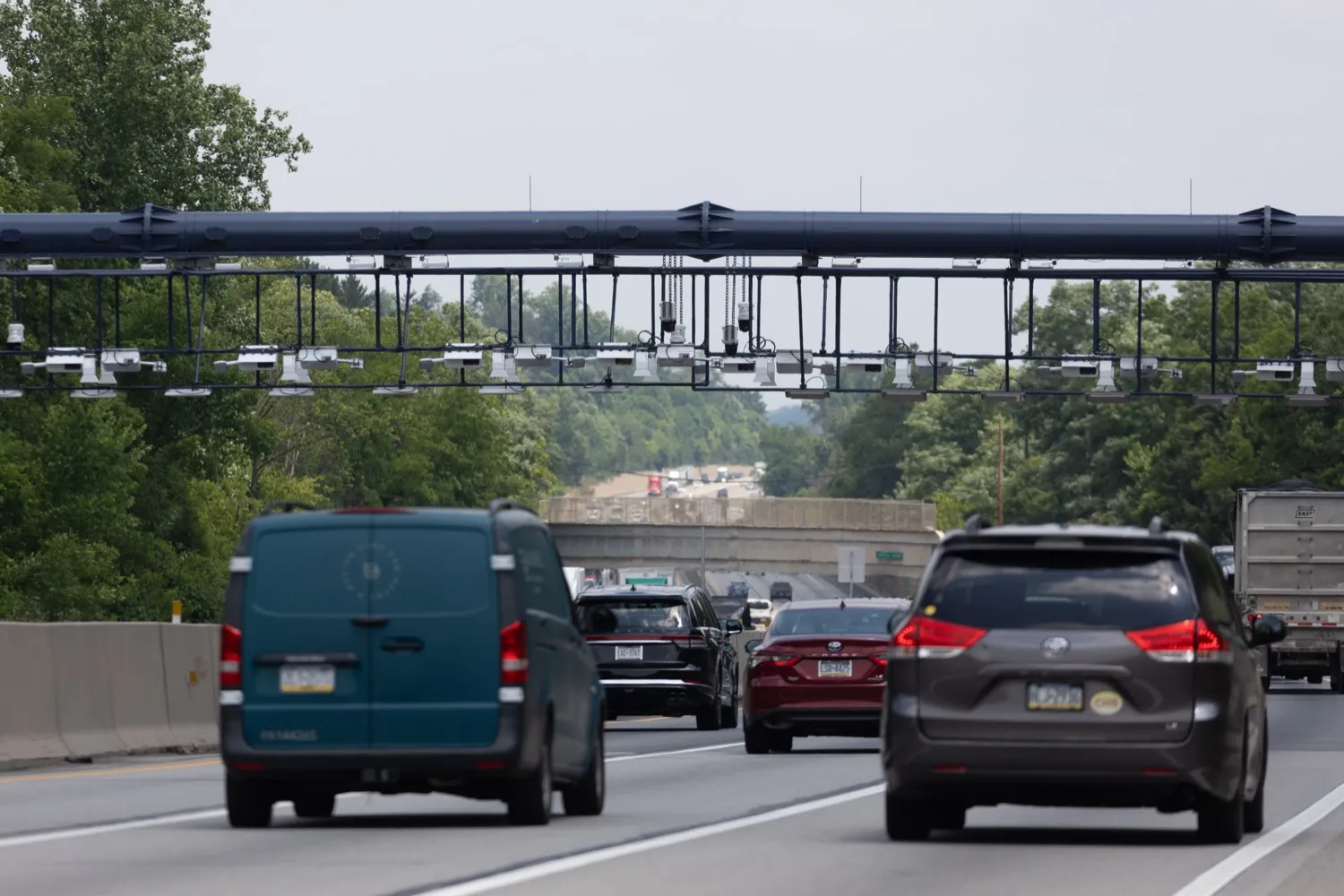
The Pennsylvania Turnpike Commission will start converting its tolling system to open road tolling east of Reading city and on the Northeast Extension in January 2025
The announcement caps a 15-year transition, said the commission.
PA Turnpike will begin removing toll plazas in the eastern sections in 2025. Open road tolling construction west of Reading is getting underway and the system will be fully operational there in early 2027, the commission said.
"The advent of open road tolling will advance safety and allow for the safe movement of vehicle traffic across our network,” said Michael Carroll, chairman of PA Turnpike and secretary of Pennsylvania DoT.
“Pennsylvania is the great ‘American Getaway’ and open road tolling will get travelling members of the public to destinations across our great commonwealth in a safe an efficient manner.”
In an open road system, tolls are charged electronically as customers drive at highway speeds without slowing down or stopping beneath gantries located between interchanges. Equipment on the gantry and in the roadway processes E-ZPass or toll-by-plate transactions. Beyond properly mounting an E-ZPass transponder, customers will not need to do anything differently in preparation for the launch.
PA Turnpike also said that new access and increased convenience mean freight will move more efficiently and enable the expansion of economic development to more communities. The system also eliminates confusion and lane-switching associated with traditional, stop-and-go tolling.
Removal of toll booths removes obstacles and increases sight lines for customers reducing stress and distraction when entering and exiting the system. Also, removal of current toll booths and additional infrastructure at interchanges will see the return of green space along the system.
Non-stop travel also means lower emissions, less fuel use, and a cleaner environment. PA Turnpike’s transition to cashless tolling in 2020 resulted in a 45% systemwide reduction in CO₂ emissions. Open road tolling is anticipated to further reduce emissions by another 7% by 2030.







